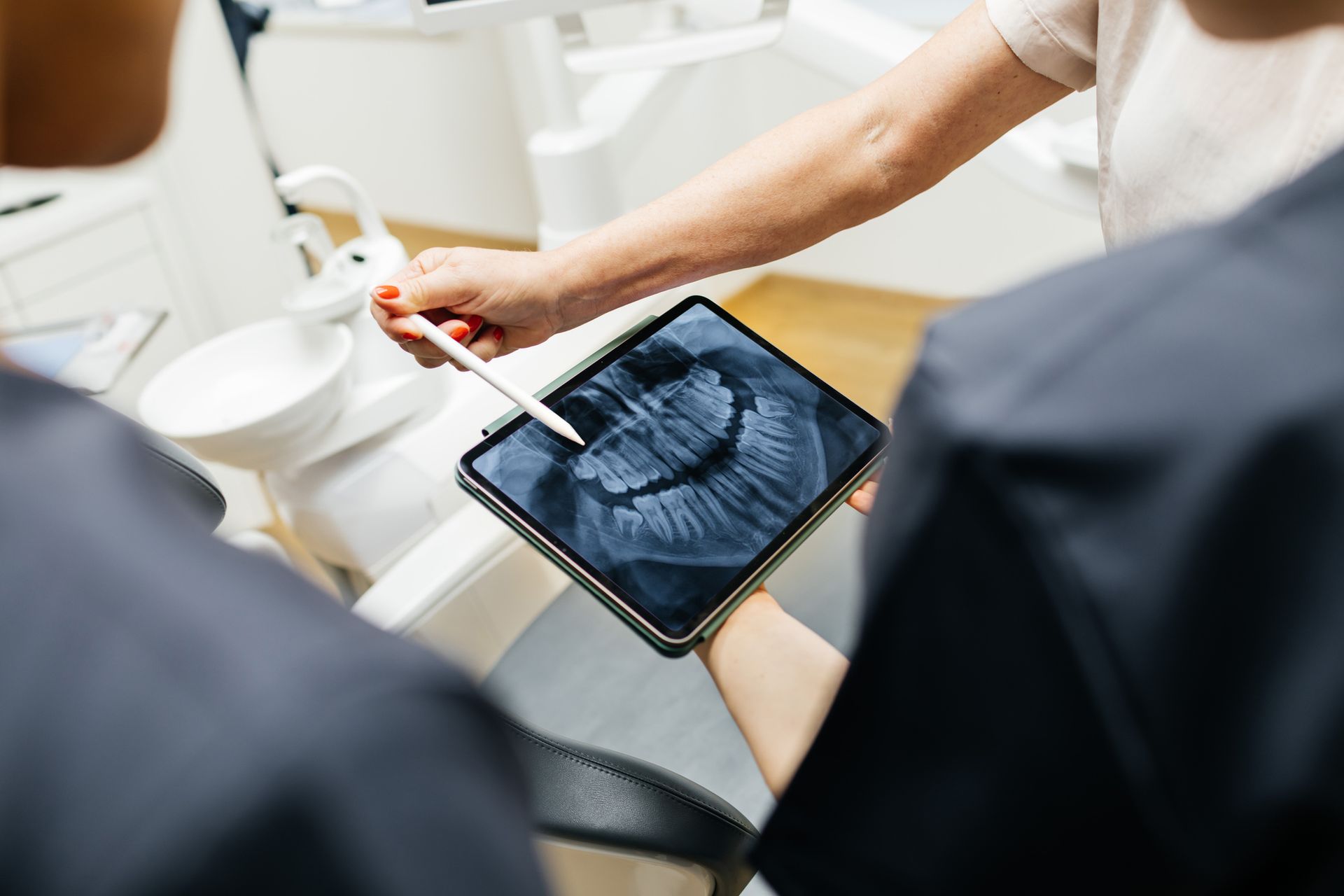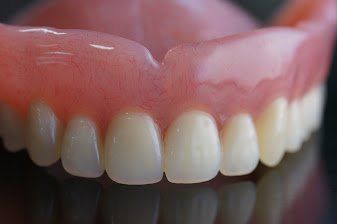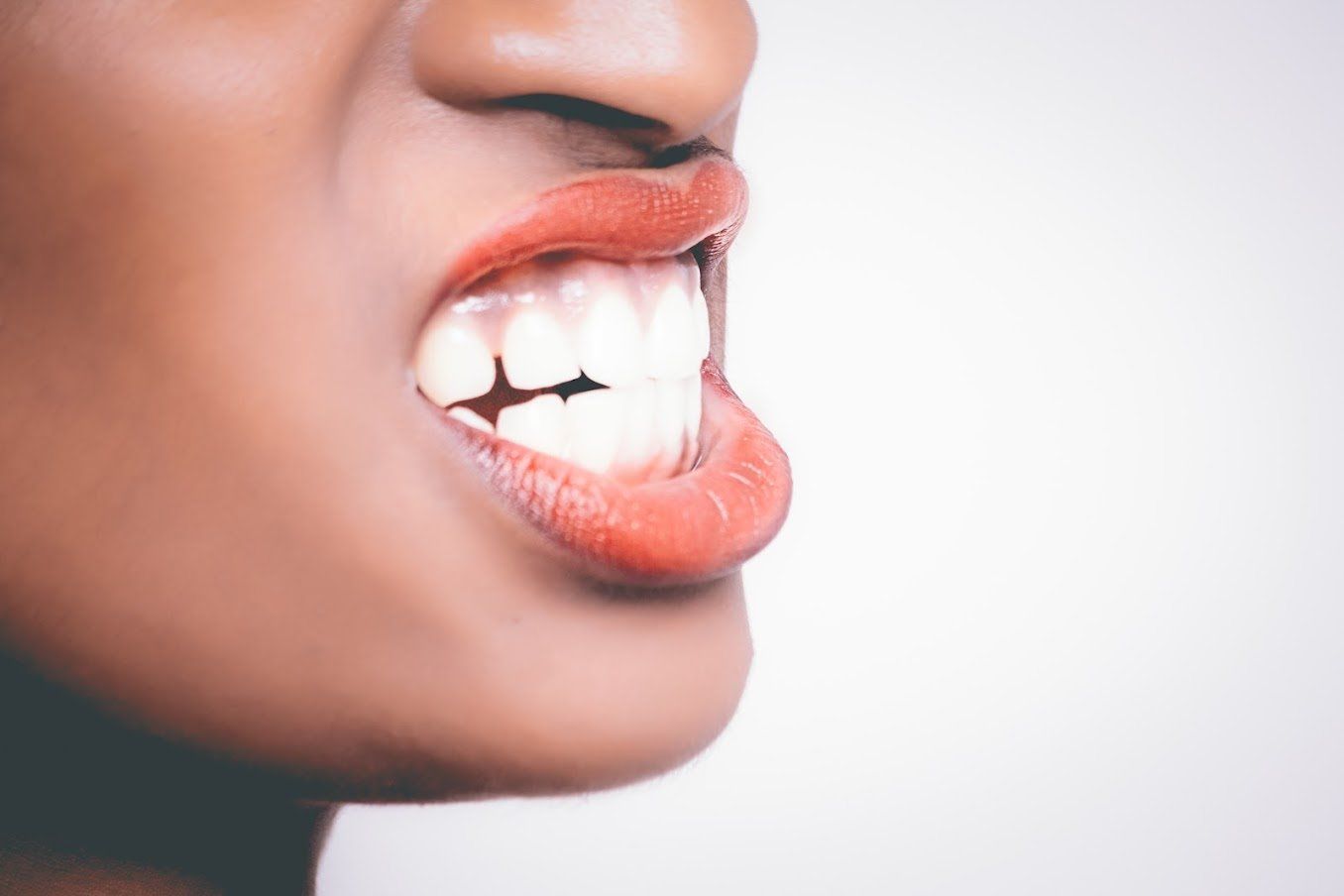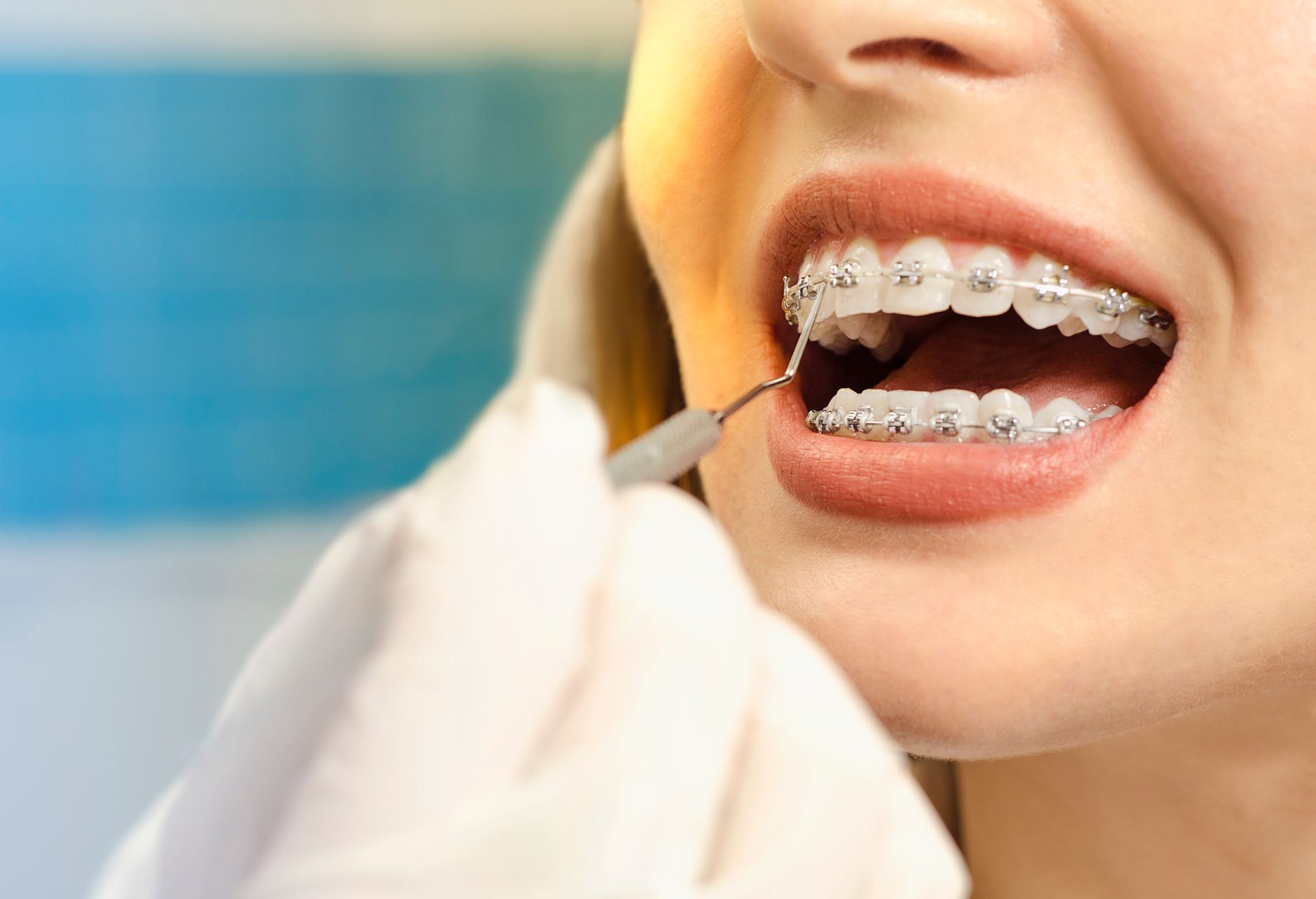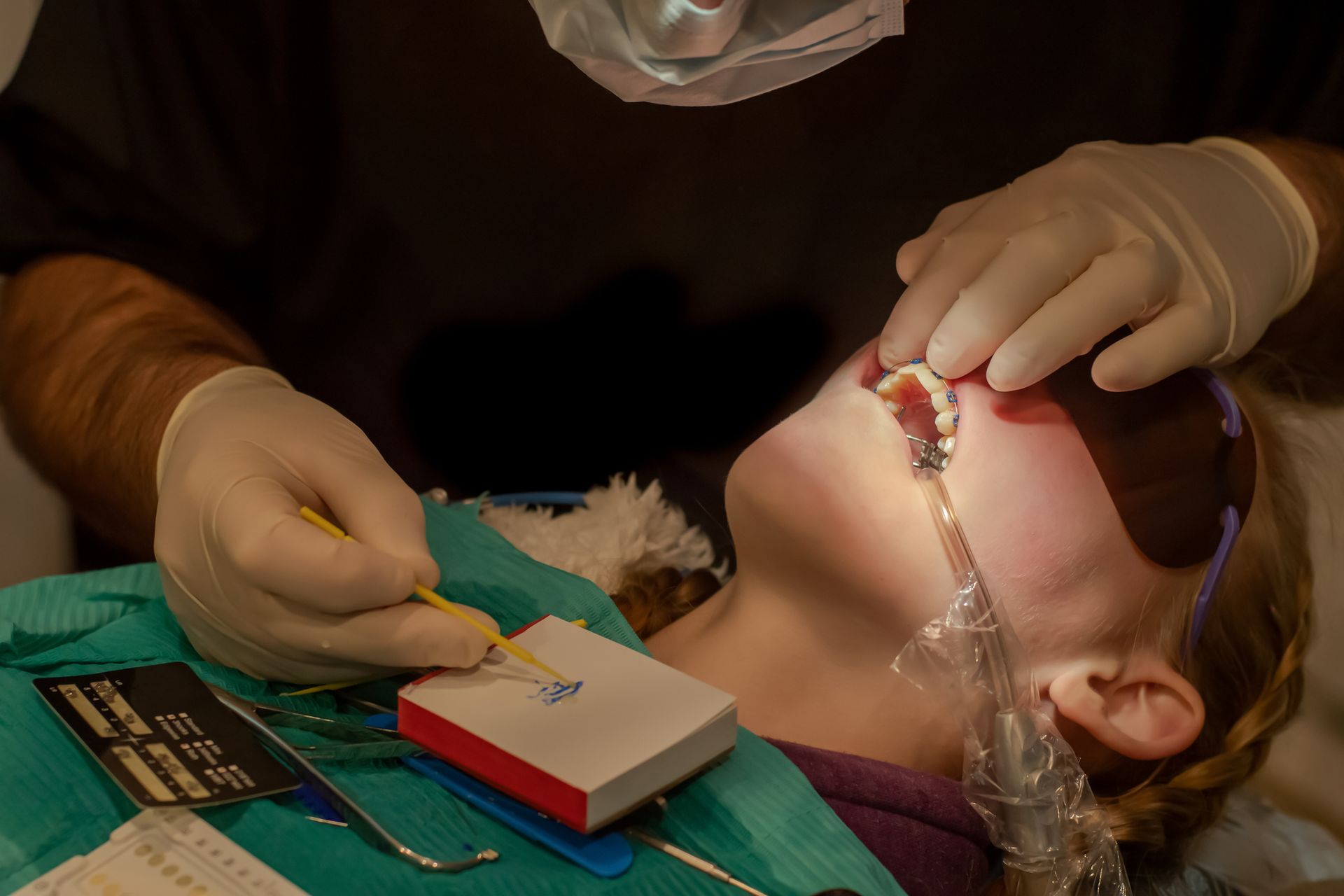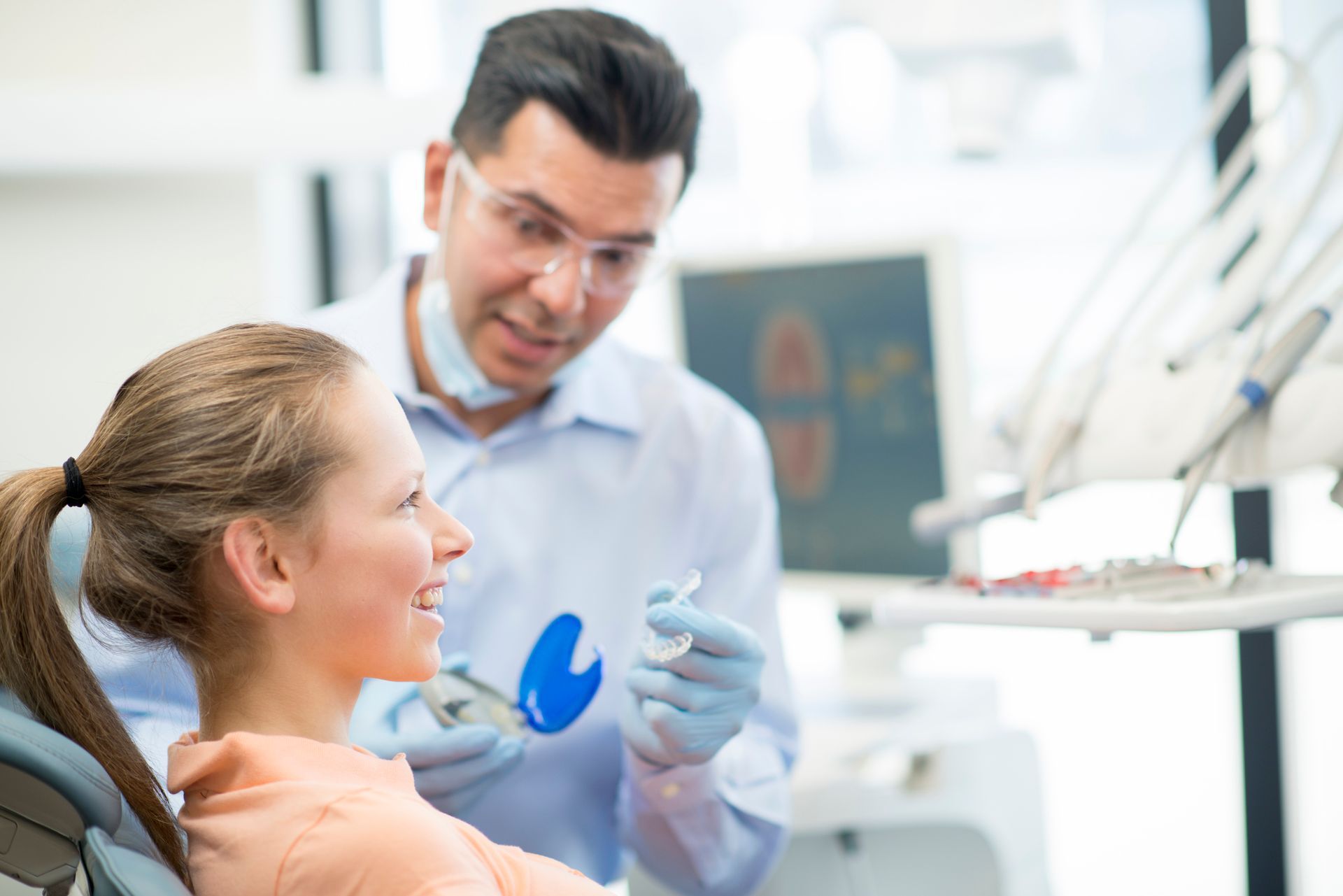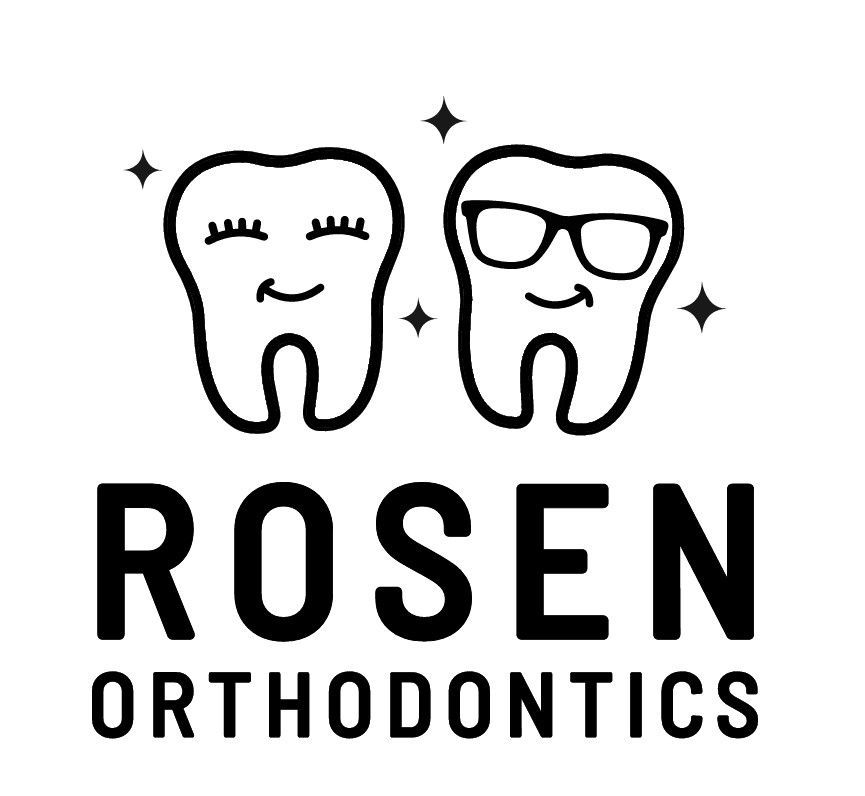4 Questions to Ask Your Child’s Orthodontist
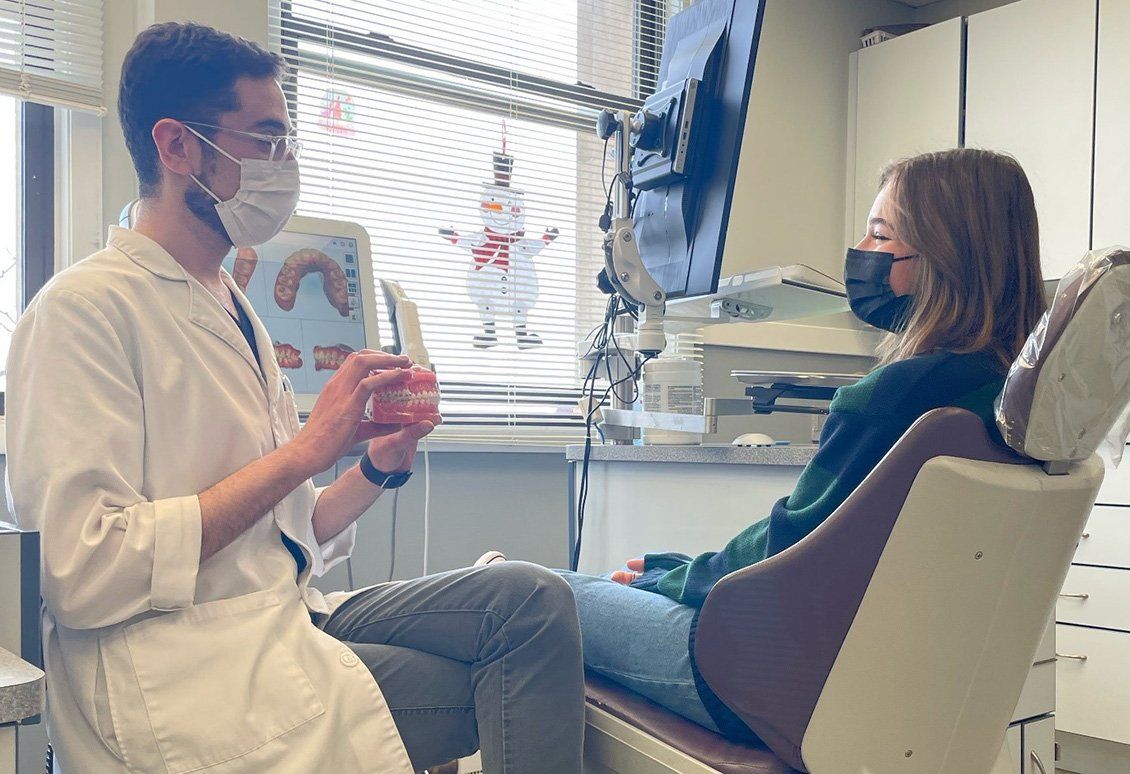
Oral health is incredibly important at any age, and while your child may need to wait a few years to get braces, you may want to start their treatment early to ensure better results. If you believe your child will need braces, check out these four questions to ask your child’s orthodontist.
1. Will Braces Help?
Make sure braces will help your child. Luckily, braces can help with many conditions. Naturally, if your child has crooked teeth, rotated teeth, gaps, and overcrowded teeth, braces can help by slowly repositioning the teeth. Not only does this help with aesthetics but can improve overall oral health by making it easier to clean the teeth.
Braces can also be beneficial if your child has an improper bite such as an overbite, underbite, crossbite, and open bite. With an overbite, the upper teeth protrude farther than normal, and with an underbite, the lower teeth protrude past the upper teeth. With a crossbite, the upper teeth fit inside the lower teeth. If your child has an open bite, the front teeth do not meet when the mouth is closed.
2. What Types of Braces Are Available?
While traditional metal braces were once the only option, you can now choose multiple types of braces. Traditional braces are incredibly effective, and thanks to advancements in technology, they are less invasive than in the past. Alternatively, you could choose ceramic braces if you have cosmetic concerns since they are less noticeable than traditional metal braces. Another option is self-ligating, or frictionless, braces such as Damon. These are great for widening and developing arches and resolving crowding quickly.
Lingual braces and aligners, such as Invisalign, are invisible braces options. Lingual braces work much like traditional braces, but they go on the back of your child’s teeth. Aligners are clear, plastic, and removable, however, because they are removable, they may not be a good choice for children who may continually remove them. All types of braces can help improve your child’s smile, but lingual braces and Invisalign are not appropriate for some conditions.
3. Will a Palatal Expander Be Necessary?
If your child’s upper jaw is too small, this can lead to many issues, including a crossbite. A palatal expander may be necessary to widen the palate so the teeth better fit. Given the nature of the procedure, start early while your child’s mouth is still developing. While expanders can go on older teens and adults, the results are usually reduced, if not marginal.
In most cases, the expander is fixed into place, but in some cases, a removable one may be a good choice. Regardless of the type, all of them, like braces, need routine adjustment to slowly widen the palate. Unlike braces, however, you can usually do this at home with a special key rather than at the orthodontic office.
4. Will Any Teeth Need Extracting?
Finally, if enough room in the mouth is not available, braces alone may not be enough. This may lead to discomfort as teeth push against each other and can distract from the beauty of your child’s smile. For this reason, some kids need to extract teeth for braces to fix their smile.
However, the orthodontist will not remove your child’s front teeth. Usually, they remove the premolars. Typically, once the teeth are straight and repositioned, no one will even notice teeth are missing, and the smile will look more natural.
Many kids need braces for a healthier and more beautiful smile. With braces, your child can have more confidence. If you would like to know more or if you are ready to start treatment, contact us at Rosen Orthodontics today. We look forward to helping your child achieve the beautiful smile they deserve!
